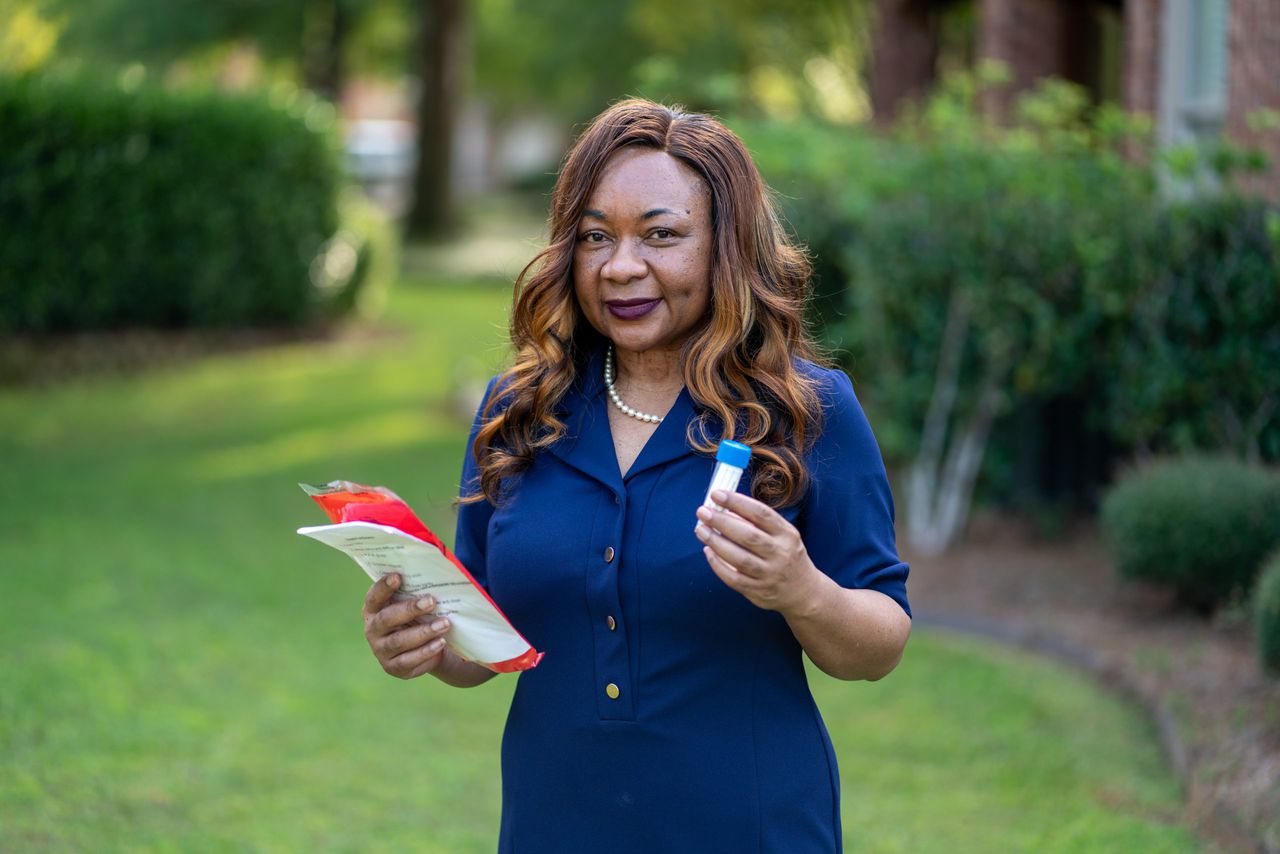Alabama activist among Time’s 100 most influential people
Catherine Coleman Flowers, an environmental health activist from Lowndes County whose work led the White House to address the waste and sanitation issues plaguing Alabama’s Black Belt, is one of Time’s Most Influential People of 2023.
Since its creation in 1999, Time’s highly publicized annual list (branded the TIME 100) spotlights trailblazers and leaders in various mediums, from art and culture to science and social justice.
Time listed Coleman Flowers among 15 “innovators” working to change their communities and fields of work, including reproductive justice advocate Monica Simpson, as well as Sean Sherman, the indigenous chef devoted to honoring the culinary heritage of native communities.
Each year, Time recruits thought leaders to write the profiles for each person on the list. Bryan Stevenson, the founder of the Equal Justice Initiative and one of Time’s 100 most influential people in 2015, penned the profile for Coleman Flowers.
“Catherine’s fight to expose the ‘dirty secret’ of systemic neglect across the U.S. in places like Lowndes County, where more than 40% of the majority-Black residents lack access to clean sanitation, has persuaded environmentalists and policymakers to engage more directly with the poor and people of color,” Stevenson wrote.
Read the full Time 100 Most Influential People list.
Coleman Flowers is the founder of the Alabama Center for Rural Enterprise, an organization that addresses the lack of sewage disposal infrastructure in Alabama’s Black Belt. In 2020, the MacArthur Foundation named Coleman Flowers to its fellowship program for her work to bring the inadequate sewage and water sanitation systems in Alabama’s rural communities to national attention.
READ: The story of Catherine Flowers, a Lowndes County native turned environmental activist
“Basic sanitation determines the health of the community and also the health of the nation,” Coleman Flowers said in her MacArthur interview.
In 2022, Coleman Flowers led EPA Administrator Michael Regan, U.S. Department of Agriculture Undersecretary for Rural Development Xochitl Torres Small, and other officials from the EPA and USDA on a tour of homes in Lowndes County where malfunctioning septic systems discharged untreated sewage into backyards. The officials also spoke to residents who had nowhere to go to address their sewage issues.
“Straight piping into lagoons, failing septic systems, waste and raw sewage backing up into yards into homes, seeing children have to walk around delicately so that they don’t sink or get bogged down into their own front yards. This is not the America that we all know it should be,” Regan said at the time.
Five months later, Regan, Agriculture Secretary Tom Vilsack, and White House Infrastructure Coordinator Mitch Landrieu returned to Lowndes County to announce a new federal program to help rural communities. Using funding from the Bipartisan Infrastructure Law, the pilot program — called Closing America’s Wastewater Access Gap Community Initiative — distributes technical assistance from the Department of Agriculture and EPA to 11 different communities across seven states struggling with wastewater challenges, including Lowndes County and Greene County in Alabama.
Other Alabamians who have landed on the annual Time 100 list include Tim Cook, Suni Lee, Laverne Cox and N.K. Jemisin.
